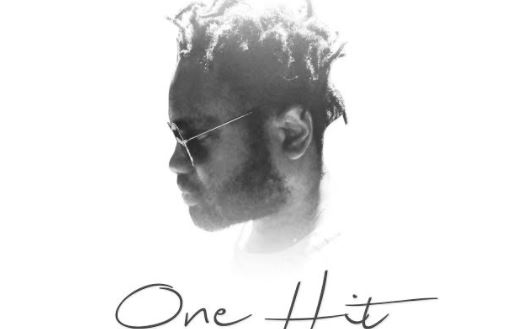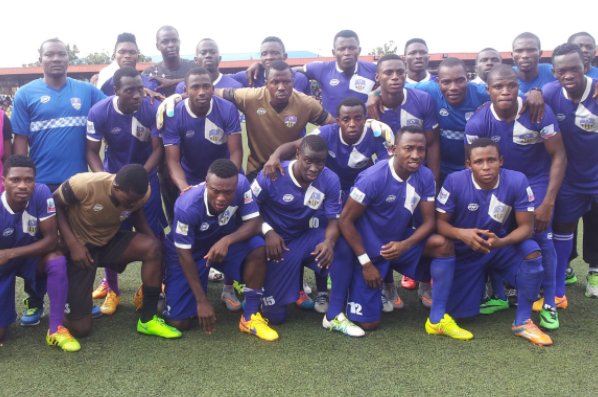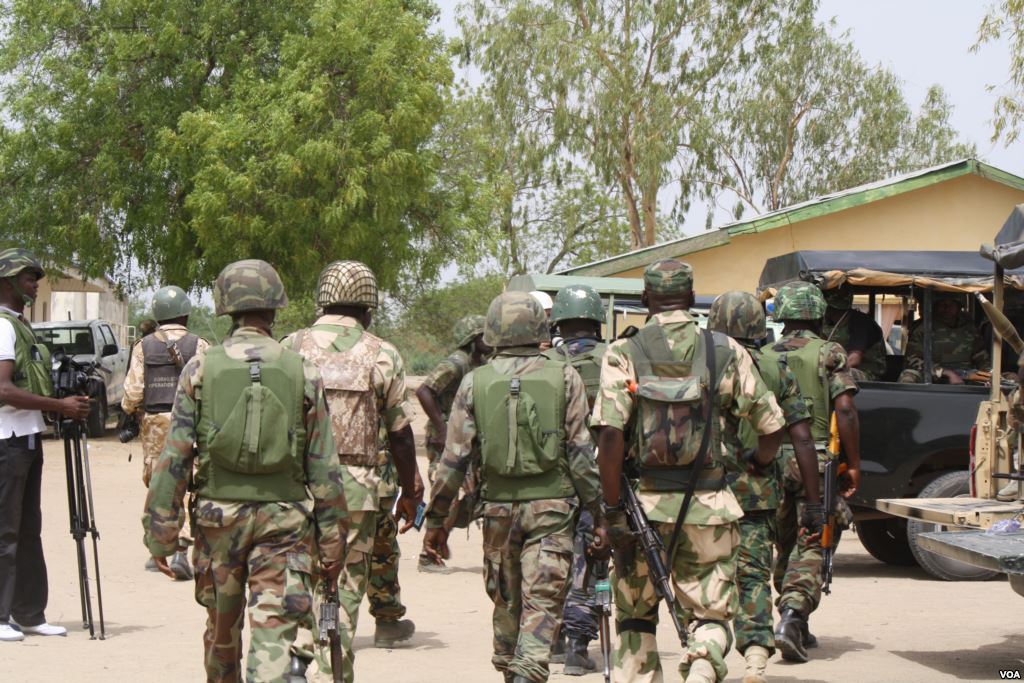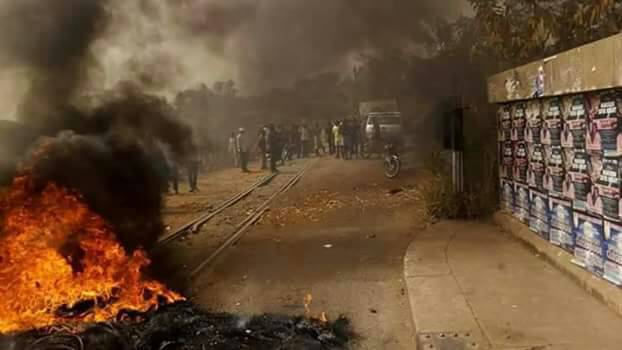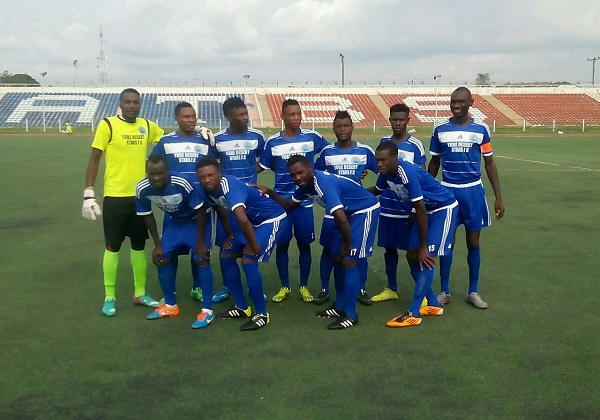Nigerian returnees from Libya have continued to recount the harrowing ordeal they experienced while in the country, including a day when 20 of them were sold for just $730 (N260,000).
The Nigerians gave their accounts in interviews with BBC at a hotel in Benin, where they are being accommodated by the Edo state government.
Agen Akhere, one of the Nigerians, looked like he might well up with tears. He was held for two months in a detention centre in a place called Gharyan.
He was registered by the UN’s migration agency (IOM), released from the detention centre and flown home – but his friend did not make it.
Advertisement
“It’s because of money,” he said, pleading and craning his neck to get closer to the microphone.
“My friend, he’s still there. His name is Samson. He’s still there, in Gharyan.” Gharyan is a prison in the mountains about 100km (60 miles) south of Tripoli.
And it is the place where all of the migrants said they were taken before they made it home.
Advertisement
“They came to our caravans [cells], they pick six persons to do their dirty jobs to do farming, brick-laying work,” says Lucky Akhanene.
He returned in the same group as Akhere and was held in Gharyan for four months.
“They give us out to their friends. They don’t pay us. It’s just hard labour; if you’re not fast with your job, you get beaten,” he said.
Three separate people spoke about being leased out by the prison for day labour like this.
Advertisement
Others said they were sold. Jackson Uwumarogie and Felix Efe were arrested “on top of the sea”, off the coast of Libya and taken to Gharyan.
They said one night a prison guard came and counted out 20 men, he took them outside and blindfolded them. Uwumarogie overheard the men talking about a price – 1,000 dinars ($735; £550). They were put into a van and taken to a farm.
Uwumarogie and Efe were forced to work harvesting onions and feeding cattle. They slept in a plywood hut and were guarded day and night by men with guns. They were never paid.
Uwumarogie’s baggy tracksuit bottoms hang from his tiny waist and a tight woollen polo neck highlights his skinny frame and slightly puffy, swollen cheeks. He is clearly not well. On the farm, they were only given food every few days, he said, and sometimes given sea water to drink.
Advertisement
After six months, they and five others were loaded into a pick-up truck and taken to the desert.
“They dumped us there,” Uwumarogie said. They were there for two days.
Advertisement
“It was with the help of God that we found the man that rescued us.”
The man brought them to his house and then took them to Tripoli to meet the IOM.
Advertisement
Stories of black slavery in Libya have been circulating for the past two years. But the number of accounts heard from recent returnees seems to suggest it has become endemic in the detention system. And it is tied to something that has been going on for much longer: a dark but thriving industry in which migrants are extorted for money by traffickers and prison guards. Wrists tied with barbed wire
“There was a connection man who normally has a connection to the Mudeen, that is director of the prison. He would call them and he would bail them out,” Mac Agheyere said.
Advertisement
He left for Europe in 2015 and was arrested and taken to prison in the Libyan town of Zawiya. “I had no-one to bail me out.”
He explained that the middleman would charge up to 250,000 naira ($695; £520) per person.
Aghayere borrowed money from his family in Nigeria to pay for his own release but he was arrested again. This time he could not afford to pay but one day a man came, who paid it for him.
“I thought he was my messiah,”Aghayere said.
“I never knew he was an evil person.” The man owned a carwash and some beach huts by the sea. He said Aghayere should work for a month to pay back the release money.
After that, they agreed on a salary. But two months later he refused to pay. Another month went by and he refused to work any longer.
“He beat me with an iron bar. They took barbed wire and tied my hands and my feet and threw me inside a car and took me back to prison,” he said
Aghayere was told he was being sent back to Nigeria but he was transferred to Gharyan prison and spent seven months there before he was repatriated by the IOM.
He said in the time he was there he saw 20 people die.
“Some of us were made to drink water from toilet. We were regularly rounded up and beaten”, Aghayere said.
Add a comment

